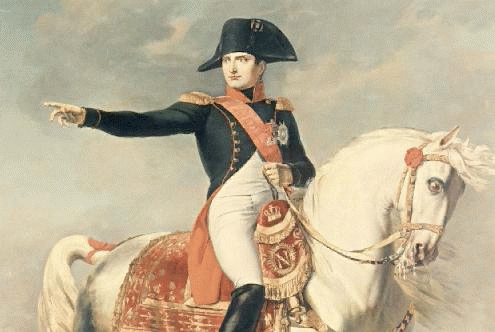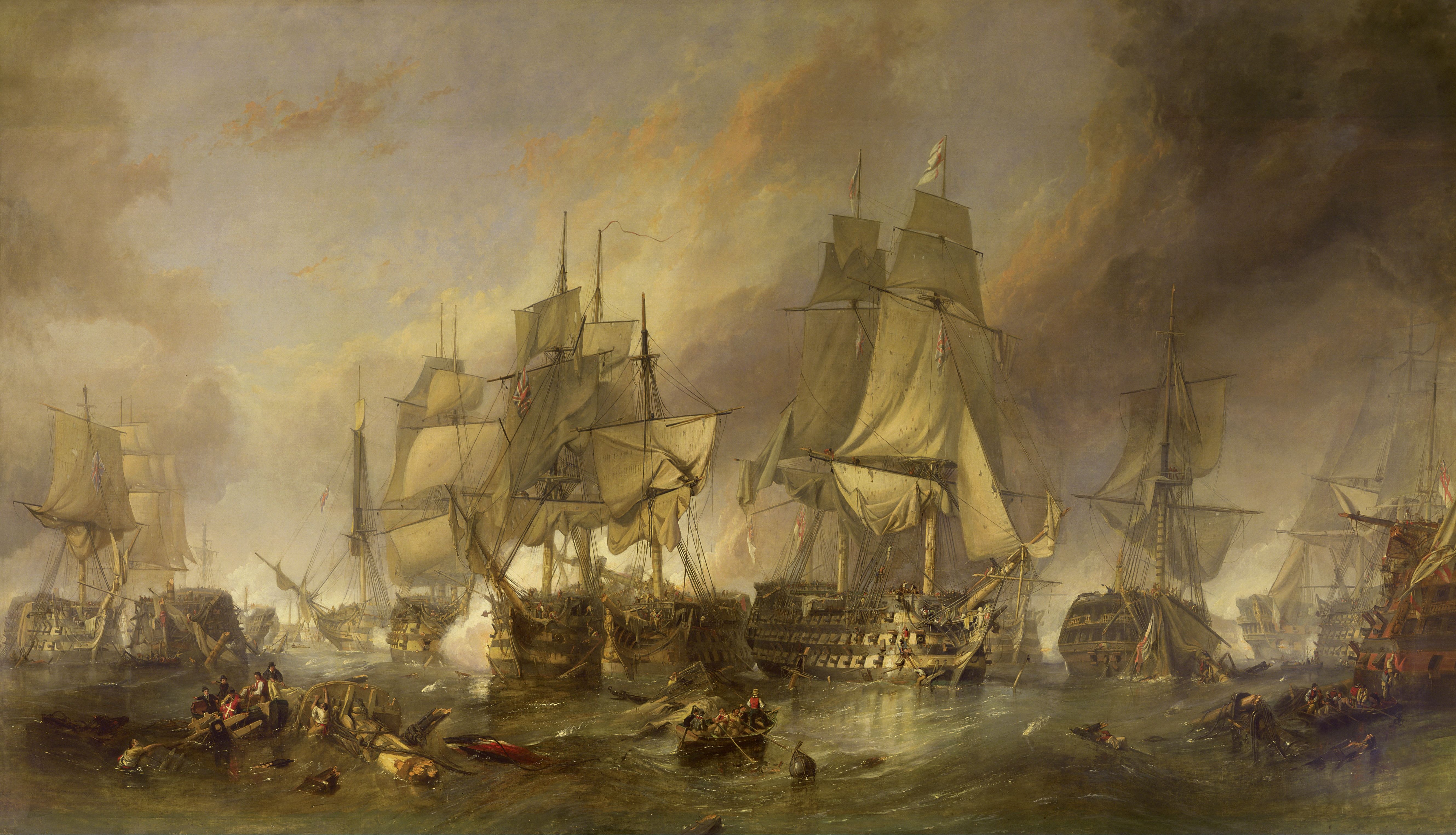Napoleon vs. Louis XVI
Would the French Revolution have happened if Napoleon was in power in 1789?
Before and after the French Revolution, an absolutist ruler sat at the head of government. The two rulers differed in that Napoleon was stronger than Louis XVI. Napoleon was the leader Louis XVI wished he could have been. However, the French Revolution would have occurred even if Louis XVI was not in power and Napoleon was. Louis XVI was weak and his subjects took advantage of this. But, economic (bankruptcy), social (three estates), and political (each estate’s power in government) distress were factors that would have catalyzed a revolution unaffected by who ran government. It is true that Napoleon’s appeal to the peasants, healing of religious division, and domestic initiatives, which gave the French a sense of stability and national unity. would have helped him 1789. However, it was because his rule began after chaos that he was so well accepted. He offered the stability the French was so desperate for. If Napoleon demonstrated his strength in 1789 while the estates were fighting for power in government, I do not think he would have been received well. All these things that Napoleon did well would not have been enough to stop the tide of the French Revolution. Additionally, Napoleon took away freedom during his reign by confiscating women’s rights, freedom of press and speech, and placing spies everywhere. 

All of which would have hurt him during a time when the French were fighting for greater freedom.
Napoleon vs. the world


Countries such as Austria, Prussia, Russia, and Great Britain formed coalitions to check Napoleon’s new found strength and create a balance of power in Europe. Austria, Prussia, and Russia were actually once allies of the Napoleon’s Great Empire, but joined the coalition when Napoleon turned on them and they saw how he threatened their power. Napoleon retaliated via the Continental System in which France did not trade with England and a blockade was placed on them. Two important battles to remember are: the Battle of Trafalgar and the Battle of Waterloo.
The Battle of Trafalgar occurred on October 21, 1805. Napoleon tried to bring his Mediterranean fleet around Gibraltar to northern France and the combined French and Spanish fleets were annihilated by Lord Nelson.
 |
| Battle of Trafalgar |
The Battle of Waterloo occurred on June 18, 1815 after the Hundred Days (when Napoleon returned to power in France). It is important because it ended the Hundred Days and Napoleon’s reign. The allies curshed Napoleon’s forces and Napoleon was imprisoned in St. Helena off the coast of Africa.
| Battle of Waterloo |
Napoleon vs. Metternich
Nationalism and liberalism was the two headed monster Metternich wanted to slay.
Napoleon encouraged nationalism by encroaching on regions beyond central France. In facing the threat of France, countries such as Italy and Germany found unity against a common enemy. Napoleon ignited nationalistic tendencies by causing regions to want to form their own government and have a say in it. Metternich worked to put out these nationalistic fires. French nationalism grew because their country was expanding and because of the Napoleonic code. Metternich valued legitimacy, in which there is a hereditary absolutist monarchy, and stability, or balance of power in Europe. Basically, Metternich wanted to prevent another Napoleon.
Napoleon was small in stature, but definitely not in power and strength.
No comments:
Post a Comment